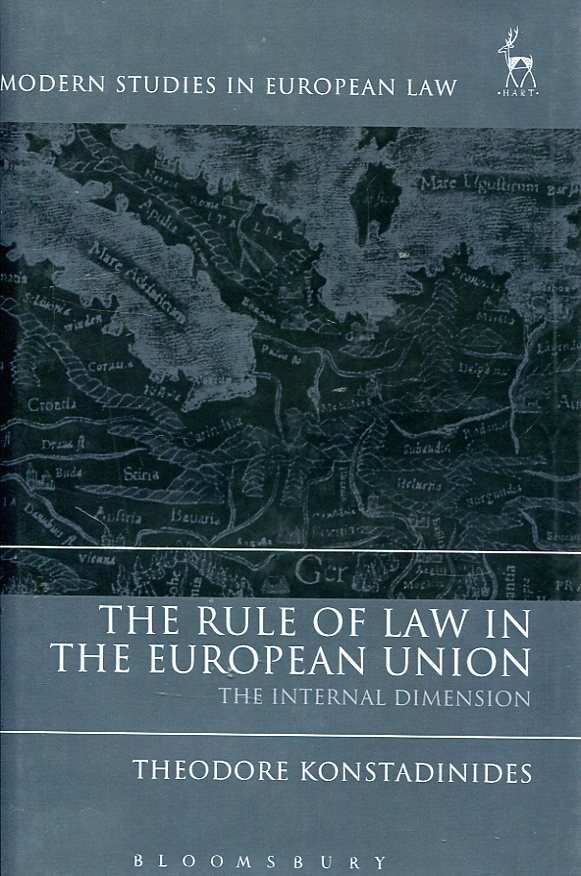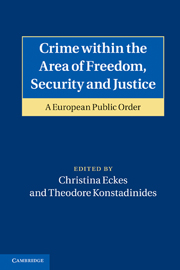Division of powers in European Union Law
the delimitation of internal competence between the EU and the Member States
- ISBN: 9789041126153
- Editorial: Kluwer Law International
- Fecha de la edición: 2009
- Lugar de la edición: The Hague. Países Bajos
- Colección: European monographs
- Encuadernación: Cartoné
- Medidas: 23 cm
- Nº Pág.: 352
- Idiomas: Inglés

The European Union has flourished and expanded over the last fifty years as a unique system that lies midway between a federal state and an anarchical international system. Different actors coexist within a cooperative hegemony of Member States, and the allocation of competences and decision-making among them has always been at the centre of the integration process. In fact, demands for clearer limits to the Union's decision-making power and enduring tension over the nature and purpose of European integration have been the key drivers of integration and change. This deeply informed and thoughtful book thoroughly examines the manner in which the principle of division of powers has developed in EU Law over the course of European integration, and casts light on the path towards a more efficient delimitation of internal competence between the main actors: namely, the European Union and the Member States. Among the topics investigated in depth are the following: - the place of the 'competence provisions' in the current and future EU Treaty structure; - the scope and limits of the powers of institutional actors involved in EU decision-making; - the contribution of the Court of Justice in declaring the pre-emptive effect and overarching precedence of Community law; - the role of subsidiarity as a tool for monitoring the jurisdictional limits of the Community's legislative competence; - areas where 'creeping competence' occurs; - the constitutional checks and balances available to Member States against unprecedented expansion of EU competences; and - the spectre of a powerful 'core' Europe and a 'multi-speed' Europe of pacesetters and laggards. Addressing numerous crucial issues - among them the degree of permanence of the nation-state in a context of ambiguous constitutional authority, and the width of the democratic base of the Union's 'institutional dynamic' of cooperation and consensus - the author lucidly describes a seeming paradox: an 'ever-closer union', with a grow








